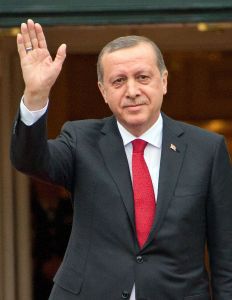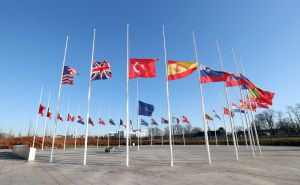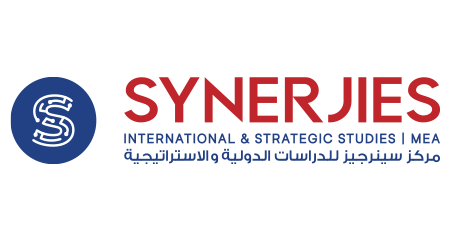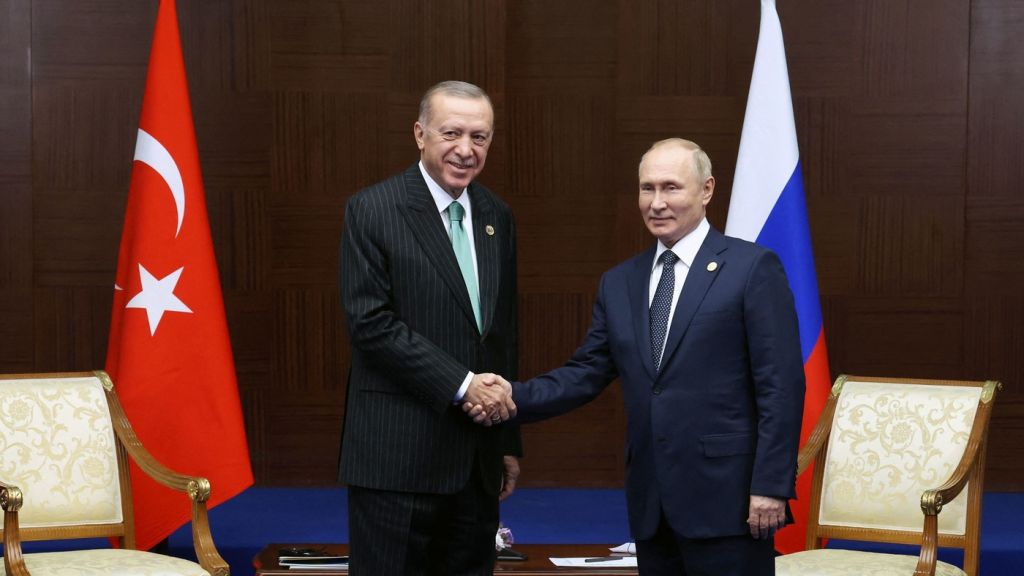
It is not remotely debatable that when over a year ago Putin decided to take his tanks and inroad into Ukraine a new world order was already in the cooking, and not even slow cooking. Plus, the very fact that this was over a year ago further validates the birth of a multi-polar world order where the US is no longer the international hegemon in an exceptional unipolar moment in history, rather we have both Russia and China as anti-Western poles aligned just enough to balance the US global power along with its Western allies.
For the sake of this article, the focal point isn’t to weigh the narratives of whether Putin was purely an offensive revisionist or a pragmatic politician and ex-KGB protecting his backyard and pushing back against NATO expansion in Eastern Europe. What is focal here is how fluid the situation is on the global stage and, more particularly, how Erdogan’s re-election would play into this fluidity. Let’s first start with some facts that would give an overview of how things are inside Turkey and the status of its foreign policy.
The domestic and international contexts of the re-election
More than two decades went by since Erdogan and his AKP came to power, yet he managed to extend his tenure into the third decade to be modern Turkey’s longest serving ruler. Turks voted on Sunday in a presidential election runoff between the incumbent Tayyip Erdogan and his challenger Kemal Kilicdaroglu, and with 99.43% of the votes counted the president won by 52.14%. The runoff came as in the first round of voting on May 14, Erdogan fell just short of the majority needed getting 49.5% support.
A key element in Erdogan’s win is his nationalist tone (anti-Western and anti-Kurdish) that mobilizes quite aggressively his conservative voter’s base. This tone hits a nerve with the collective public trauma the Turkish people have from the discrimination they felt in waiting in line for accession to the European Union for more than 4 decades before their candidacy was suspended in 2018 on human rights grounds. In addition, the role of the mainstream Kurdish political parties, even though not part of the opposition alliance, had played strongly against Erdogan. In fact, Erdogan used this in his attacks against Kilicdaroglu have included accusations of him winning support from the PKK.
Erdogan victory came after a tricky race as criticisms of his rule were strong and with wide echoes. Among the main criticisms were the eroded human rights, significant leanings towards autocracy and, above all, his unorthodox policy of low interest rates that drove inflation to 85% last year and caused the lira to be at one tenth of its value against the dollar over the last decade. In fact, another thing that is frequently brought up against his rule is that he shifted Turkey away from Ataturk’s secular blueprint.
In addition, abroad, Erdogan asserted the Turkish influence including militarily in the Middle East launching incursions into Syria, going offensive against Kurdish militants inside Iraq and sending military support to Libya. These moves had, undoubtedly, caused fissures with key regional actors including Egypt and Saudi, as well as a stand-off with Greece and Cyprus over eastern Mediterranean maritime boundaries, until Erdogan decided to start a charm offensive and sought rapprochement with some actors in the region. Moreover, Turkey loosened ties with the West mainly the European Union and the United States after Erdogan’s purchase of Russian air defenses and Ankara’s objections to NATO membership applications from Sweden and Finland. However, it is this very complexity that provided Turkey with the strategic position to broker a deal between Moscow and Kyiv for Ukrainian wheat exports.
Stakes were high and what made them even higher is that the president’s role in Turkey had become more critical after the referendum of 2017 had broadened the powers of the presidency, made the president head of government and abolished the post of prime minister. So, as a president, Erdogan sets policy on Turkey’s economy amid a deep cost of living crisis, and international diplomacy and security with turkey being a NATO-member country with close ties to Russia amid the war in Ukraine.
How Erdogan’s win is playing out against the backdrop of the war in Ukraine 
The foreign policy choices Erdoğan makes this time would have a shaping effect of how the current rising West-Russia conflict in general and the current war in Ukraine particular mold, and thus the emerging world order. In the past, the main Western concern was the degree to which Turkey, a founding NATO member, move away from the liberal secular west, whereas now stakes are much higher. The mega concern is to keep Erdogan from giving further strategic bonuses to Putin. So, the strategic value of the country for Europe was that it is kind of a bridge between Europe and the Middle East, however, Russia’s invasion of Ukraine has transformed Turkey’s status to be more critical in their immediate security.
Throughout the war, Trade between Turkey and Russia even increased significantly with Turkish businesses acted as a conduit to bypass western sanctions on Russia, and Putin has talked of Turkey becoming a European hub for Russian gas. Moreover, Erdoğan launched the first Turkish nuclear power plant built with Russian financial support and technology.
The West is very cautious in dealing with Erdogan for two main reasons. The first is the power Turkey as a NATO member has on admitting Sweden (will come to this in length in few lines), and secondly, the fear of a migrant’s influx from turkey to Europe in case Erdogan allowed it. On the second point, Erdogan had actually had a very plausible solution that would leverage his relationship with Russia. He promised to rehouse 1 million Syrians in Northern Turkey where Putin and Al Assad will be aligned on the scheme. As to the Sweden admission question, Erdogan’s first test will come at the NATO summit in Vilnius where he will be asked to lift Turkey’s veto on the membership of Sweden. Worth noting, he has already lifted his block on Finland’s membership but didn’t do the same with Sweden pushing it in a limbo of being on the doorstep but not in fully.
Sweden is in hotter waters than Finland was, as it has a larger Kurdish population. Erdoğan’s demands from Sweden includes the extradition of 140 Kurds. Already Stockholm is toughening its anti-terror laws trying to please Ankara and according to officials is willing to study evidence that the Kurdish community in Sweden are linked to fundings for the Kurdistan Workers’ party (PKK), which is classified as a terrorist organization by the EU and Turkey. The point is that Sweden’s NATO membership is not in a silo, it is linked to other factors. Most important among which is the blocked US arms sales to Turkey. On this, Joe Biden, showed openness to lifting the block, and endorse the $20bn sale of F16 jets.
Conclusion
In conclusion, it is highly probable that Erdogan wouldn’t be overplaying the nationalist card simply because of not being eligible to run again for presidency. So, he may be more open to the West and base his foreign policy on something other than political self-preservation. This would actually bring him a bit closer to the West. In addition, the West hopes the difficult state of Turkey’s economy could play in favor of a wider step towards the West and hence pushes for Sweden’s NATO accession as a “quid pro quo”. In fact, the “quid pro quo” mindset is a defining element in Erdogan’s foreign policy. He had pursued a transactional relationship with countries to advance his agenda, so there is little to no common sense in assuming he would change his modus operandi in this context. However, the strong bond and sort of special relationship between him and Putin is hard not to notice as they both pride themselves as doing politics as “Strongman” politics could possibly undermine this dynamic especially in the light of Turkey’s continued crackdown and prosecution of political dissidents and the overall human rights profile of the country. So, of course turkey will have a strategic effect on the emerging new world order in the sense of altering the NATO’s security collectivization as well as a broker between the Russia and the West.


